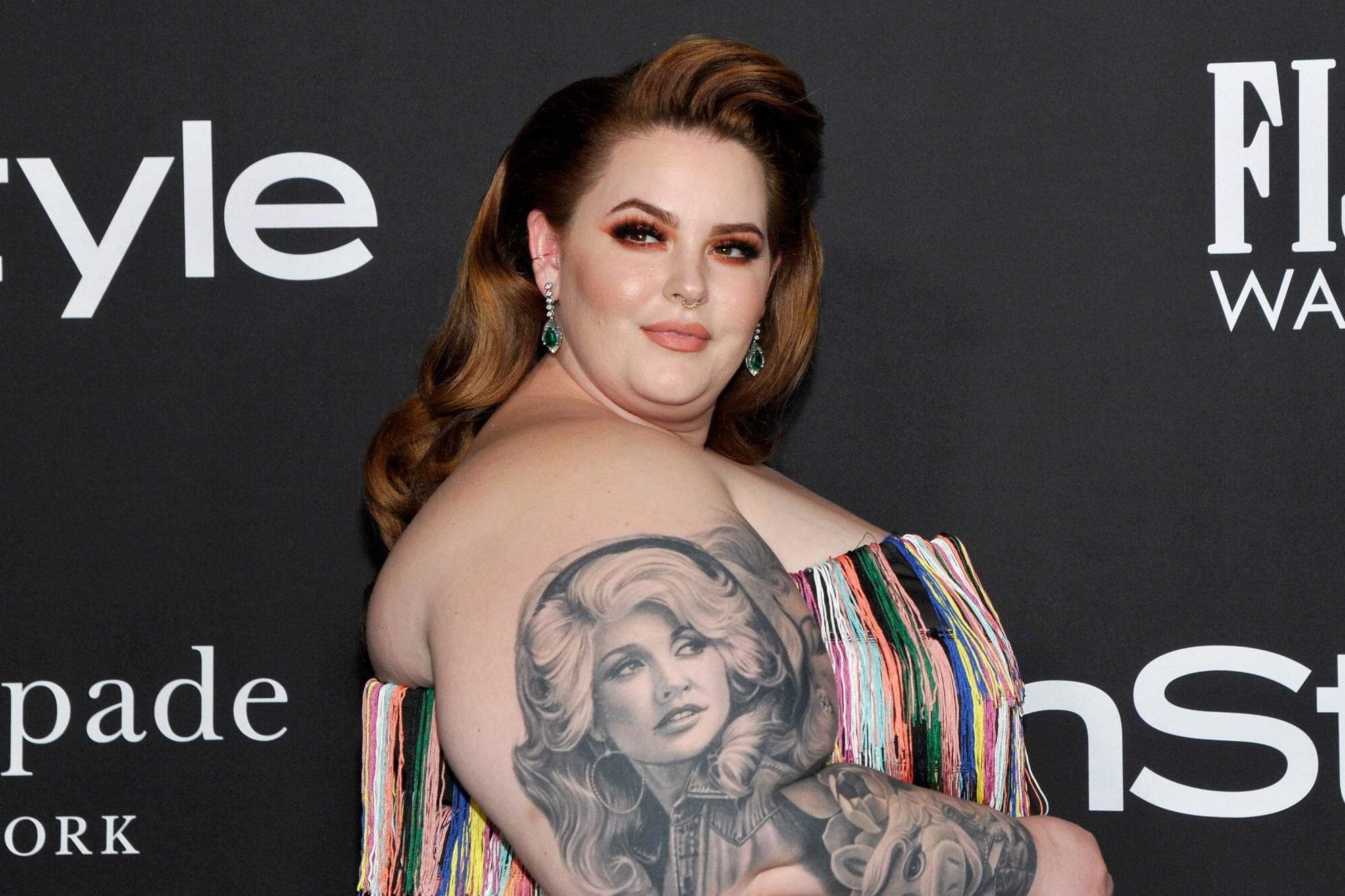Fashion shouldn’t make us choose between sustainability and inclusivity
When we call in samples to test for a feature, high street brands more often than not turn out to stock only one sample dress size – usually an 8 or a 10

Over the past year, we’ve seen two significant shifts in the fashion industry: sustainability and plus-size inclusivity.
We’ve seen G7 leaders joining forces with fashion houses in a global pact to make clothes more sustainable, and body-positivity advocate and plus-size model Tess Holliday walking for Chromat at New York Fashion Week. Clearly, the way we think about clothes is changing.
When you work on a product review section like IndyBest, as I do, you have a responsibility to be conscious of both trends in areas like fashion and global movements, such as sustainability. We’ve always strived to be as inclusive as possible in our features – across sizing, style and price – but recently it’s become more important than ever to consider whether promoting fast fashion is ethical.
The elephant in the room here is that, at the moment, size inclusivity and sustainability don’t work in tandem.
When we call in samples to test for a feature, high street brands more often than not turn out to stock only one sample dress size – usually an 8 or a 10 – despite the average woman’s size in the UK being a 16. It tends to be fast fashion online retailers that are more inclusive when it comes to offering a range of sample sizes to us and our writers – reflective of the struggle plus-size women have shopping elsewhere.
If Missguided, Boohoo and PrettyLittleThing can offer plus-size ranges from 16-22, then other high street and designer brands can surely afford to follow suit.
The cornerstone of IndyBest is testing everything we feature in a review, but if high street brands can send out only one size to sample, we have to choose between representation and sustainability – a choice that shouldn’t have to be made when a size 24 woman is walking at NYFW, legends like Lizzo are fronting the BET awards, and sustainability couldn’t be more topical.
In order to make the sustainability movement inclusive for everyone, brands need to cater to the whole market, not just a select few.
Yours,
Ellie Fry
Commissioning editor, IndyBest
Join our commenting forum
Join thought-provoking conversations, follow other Independent readers and see their replies
Comments
Bookmark popover
Removed from bookmarks